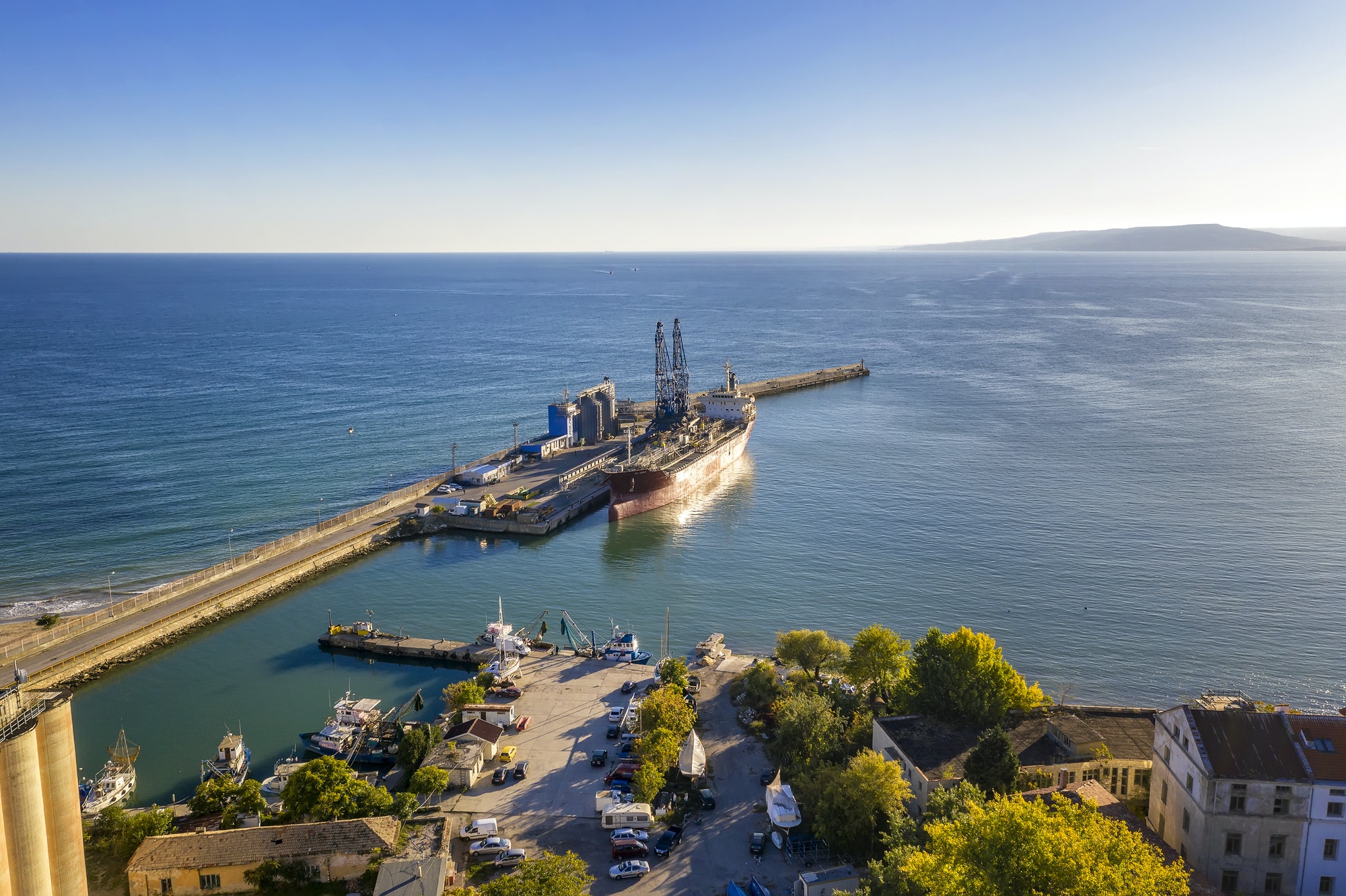Shopping cart
- Leading the training of the best professionals of the 21st century



Upon completion of the Maritime/Port Protection, Security and Antiterrorism course, you will obtain a certificate endorsed by:
The Maritime/Port Protection, Security and Antiterrorism course is framed within a prevailing need in international security: the effective application of intelligence and strategic analysis in maritime and port environments to counter the threat of global terrorism. This educational program delves into the comprehensive knowledge of terrorism, ranging from its theoretical conceptualization, through its globalized nature, to the specific methodologies of radicalization and deradicalization. The central objective is to equip participants with the necessary skills to foresee and prevent terrorist acts before they can occur.
Throughout the course, students will have the opportunity to explore in detail the various threats affecting both commercial and recreational boating. These threats are not limited to terrorism, but also include interconnected criminal activities such as drug trafficking, human trafficking, maritime piracy and illegal fishing, among others. The program offers a holistic and multidisciplinary vision, understanding that the phenomenon of global terrorism does not recognize borders and often involves actors from different origins and without direct operational links.
Additionally, the training will provide a comprehensive analysis of current strategies and policies, both nationally and internationally, that are being implemented to improve maritime and port security. Case studies will be examined and innovative approaches in the field of maritime intelligence and security will be discussed, allowing students to better understand the complexities of counterterrorism in a maritime context.
The course also highlights the critical importance of understanding terrorism in its broader context, recognizing the political, economic, social and cultural factors that contribute to its emergence and evolution. By completing this program, participants will not only have acquired theoretical and analytical knowledge, but will also have developed practical skills applicable to their professional roles, thus strengthening the capacities of their organizations and communities to confront and mitigate risks in the maritime and port sector.
In order to organize a flexible title that responds effectively to the achievement of the objectives proposed for the course training and to acquire the necessary skills in the domain of activities, the course is developed using a methodology based on the following elements:
Online training guarantees compatibility with other student activities, being adapted to the individual learning pace with flexibility.
A value is attributed in hours of teaching, so the complete course requires a dedication of 100 hours. The programming of the subjects or modules that make up the double degree and their coordination through seminars or videoconferences guarantee that the hours are distributed over 8 teaching weeks of the academic calendar.
To pass the Protection and Security in Critical Infrastructures course, students must take a series of tests that will serve to evaluate the knowledge acquired, accrediting the academic certification.
To accredit the certification of the Maritime Intelligence, Security and Antiterrorism title, the following must be met:
TITLE: Certificate of Maritime/Port Protection, Security and Antiterrorism
